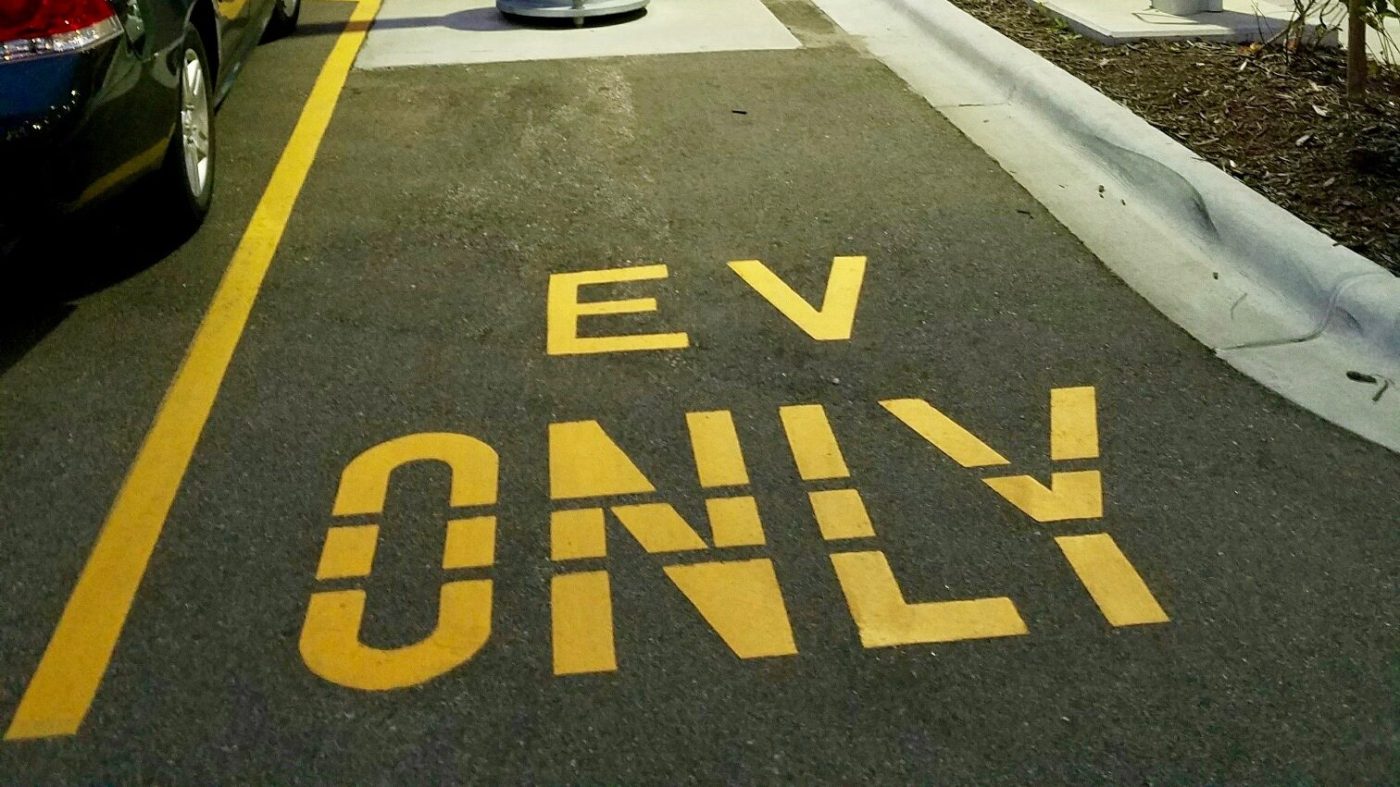
Other voices: China embraced electric vehicles. The U.S. didn’t. Now we’re paying the price
For shoppers who want to buy an electric car but have been put off by the steep price tag, the news this month that President Joe Biden has hiked tariffs on Chinese-made EVs to shut them out of the U.S. market is not good.
It means that Chinese-made EVs won’t be sold in the U.S. anytime soon and American consumers won’t have access to affordable models, such as BYD’s Seagull, which sells for $12,000 in China. Similar EVs available in U.S. at the moment cost three times more.
Right now the American car market is sorely lacking in smaller, cheaper EVs. Automakers in the U.S. have focused on electrifying bigger, more expensive models, including SUVs, trucks and minivans. The average price of an EV is $55,000, and the high sticker price is one reason EV sales are slowing; price-limited buyers are shut out of the market.
Biden’s decision to impose 100% tariffs on Chinese-made EVs stifles the possibility of competition in the lower end of the car market and means the affordability gap will continue. That will slow the transition to zero-emission vehicles at a time when the U.S. needs to rapidly reduce its reliance on fossil fuels.
Admittedly, the politics of international trade policy with the United States’ leading economic competitor are complex. Biden is playing a long game. His administration, along with Congress, has committed billions of dollars to boost the manufacturing of electric vehicles and batteries in the U.S. so the country is not reliant on foreign imports.
The Biden administration argues the tariffs are part of the larger strategy to grow the green economy by protecting the nascent domestic EV manufacturing industry and its good-paying jobs from competition from cheaper and sometimes better Chinese products. But it’s frustrating that the U.S. is in this position at all. China is winning the EV race because the government poured money into the development of zero-emission technology, knowing that EVs are the future.
While China was looking forward, U.S. automakers spent much of the last decade trying to delay EV production mandates and investing in bigger, more expensive gas-guzzling SUVs and trucks. When Donald Trump was elected president, automakers persuaded him to roll back Obama-era vehicle pollutant standards that would have required companies to increase fuel economy and build more hybrid and electric vehicles.
The U.S. government and the industry wasted years dithering over tailpipe emissions standards while China was figuring out how to get rid of tailpipes altogether.
Now, at least there is forward momentum in the U.S. — though slower than needed — toward a zero-emission future. Still, it’s impossible to separate the tariff decision from election-year politics. Biden and Trump are competing for the “toughest on China” title. While Biden announced the 100% tariffs on Chinese-made EVs, Trump said he would impose 200% tariffs on Chinese vehicles made in Mexico.
Biden has yet to make the case that protectionism will help American consumers and the fight to slow global warming, and his administration should support more policies and financial incentives to balance the higher cost to Americans. The tariffs may be a temporary measure to help the U.S. catch up, but ultimately the nation needs to be a leader in the zero-emission future.
— The Los Angeles Times
Related Articles
Robert Pearl: Medical malpractice in the age of AI: Who will bear the blame?
Marc Champion: Yes, Israel is being held to a different standard. But …
Jacobson, Jokela: What should we fear with AI in medicine?
F.D. Flam: Fake scientific studies are a problem that’s getting harder to solve
Serge Schmemann: Do not allow Putin to capture another pawn in Europe


